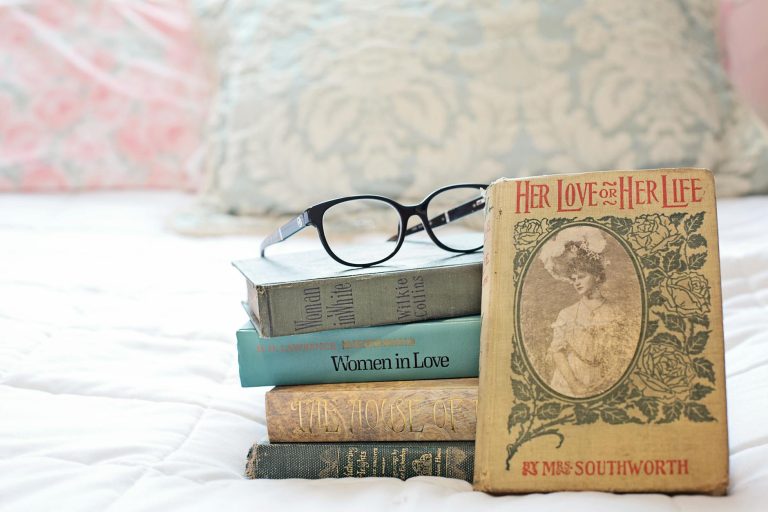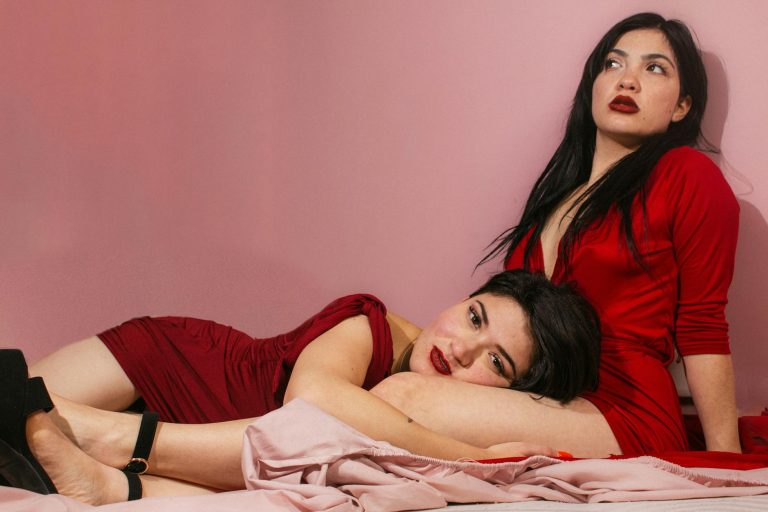Erotic Books: Breaking Stereotypes in Romance
In a world where stereotypes often dominate perceptions, the realm of erotic books is challenging norms and breaking barriers within the romance genre. Erotic literature, once seen as taboo and often dismissed as mere smut, is undergoing a renaissance as readers and authors alike embrace its complexity, sensuality, and ability to explore deep human emotions. By delving into the realms of desire, intimacy, and passion, erotic books are reshaping the narrative of love and relationships, offering a diverse range of stories that go beyond the traditional tropes of romance fiction.
The Evolution of Erotic Literature
Erotic literature has a long history, dating back to ancient times when writers like Ovid and Sappho penned works that explored themes of love, desire, and sexuality. Over the centuries, the genre has evolved, with authors pushing boundaries and challenging societal norms. In the contemporary era, erotic books have gained mainstream popularity, attracting a diverse readership who appreciate the genre’s ability to delve into the complexities of human relationships in a raw and unfiltered manner.
Diversity and Representation in Erotic Books
One of the most significant ways in which erotic books are breaking stereotypes in romance is through their focus on diversity and representation. Traditionally, mainstream romance novels have centered on heterosexual relationships featuring white, cisgender protagonists. However, erotic literature is embracing a more inclusive approach by featuring characters of varying genders, sexual orientations, and cultural backgrounds. This emphasis on diversity not only reflects the reality of modern relationships but also allows readers from marginalized communities to see themselves represented in romantic narratives.
Empowerment and Agency in Erotic Fiction
Another way in which erotic books are challenging stereotypes is by portraying characters with agency and sexual empowerment. Instead of presenting women as passive objects of desire, many erotic novels feature strong, independent protagonists who actively pursue their own pleasure and fulfillment. By depicting consensual relationships that prioritize communication, boundaries, and mutual respect, these books are dismantling harmful stereotypes about sexuality and showcasing healthy portrayals of intimacy and desire.
Exploring Taboos and Boundaries
Erotic literature also provides a platform for exploring taboos and pushing boundaries in storytelling. Authors of erotic fiction have the freedom to delve into themes that may be considered controversial or forbidden in mainstream literature, such as BDSM, polyamory, and non-monogamous relationships. By tackling these subjects with sensitivity and nuance, erotic books challenge readers to consider different perspectives on love and desire, encouraging them to question societal norms and preconceived notions about sexuality.
The Future of Erotic Books
As the landscape of romance fiction continues to evolve, erotic books are poised to play an increasingly prominent role in shaping the genre’s future. By breaking stereotypes, embracing diversity, empowering characters, and exploring taboo subjects, erotic literature is challenging readers to expand their understanding of love, intimacy, and human connection. In a world where stereotypes often limit our perceptions, erotic books are opening doors to new possibilities and redefining the boundaries of romance.







